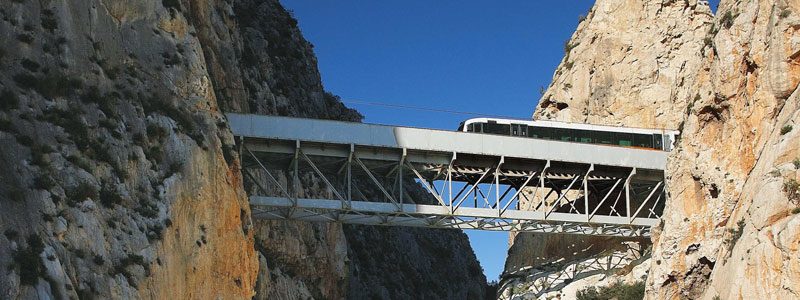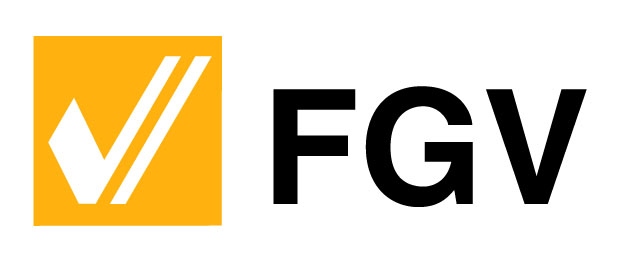- The proceeding aims to establish the possible alternatives to replace or restore both infrastructures.
- The two metal viaducts, like the rest of the existing viaducts on this line, were built between 1913 and 1915.
The Generalitat has initiated the bidding process for the drafting of construction projects to replace the Algar and Mascarat viaducts of Line 9 (Benidorm-Dénia) of the TRAM d’Alacant.
The contract tendered by Ferrocarrils de la Generalitat Valenciana (FGV) has a budget of 431,970 euros, VAT included, and aims to carry out all the prior assessment work of the current situation, necessary for the selection and identification of the construction work to be carried out.
The result involves a multi-criteria analysis of the viable alternatives, which must include factors such as functionality, profitability, impact, transport network structure, safety, durability, maintenance, socio-economic variables, etc.
The drafting of these projects responds to the decision taken between the different administrations and public entities involved to reach a negotiated alternative that guarantees the passage of trains through these two points of the network.
The studies commissioned by FGV have shown that the current Algar and Mascarat viaducts, in the municipality of Altea, require periodic inspections and a continuous monitoring system, which has been in service for months.
However, in view of the forthcoming incorporation of the new, heavier hybrid trains for service on this line, these structures require refurbishment, reinforcement or replacement.
These two metal viaducts, like the rest of the existing ones on this line, were built between 1913 and 1915, using materials of the time period, and abiding by the regulations in force at the time. The different design regulations for railway infrastructures have evolved over time, and the loads have increased significantly in line with the new requirements of the most modern trains.
These works are part of the modernisation process of Line 9 being carried out by the Generalitat and are aimed at maintaining and improving operating conditions, ensuring the regularity and quality of service with similar standards to the rest of the FGV network in Alicante.
Just like the rest of the construction works being carried out on Line 9, they are likely to be co-financed by the European Union through the Operational Programme of the European Regional Development Fund (ERDF).
FGV plans for the proceedings resulting from this project to be carried out in parallel with the other works that are underway or planned between Benidorm and Dénia.


